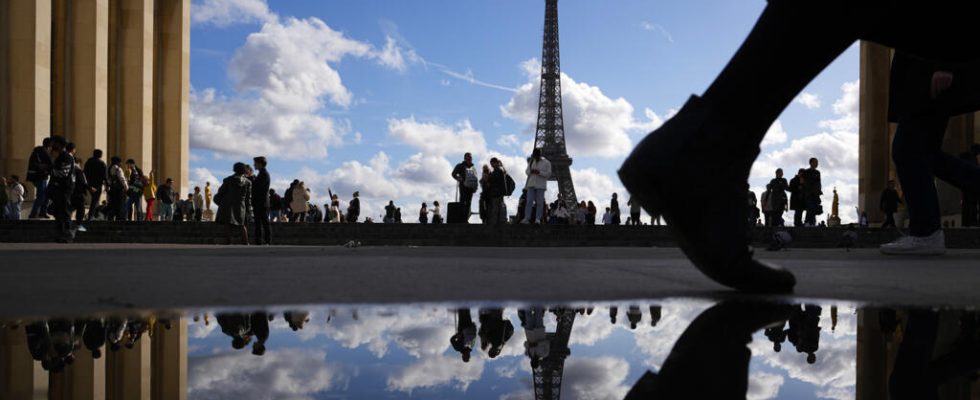It is time for requisitions in the trial of the alleged exploitation of Moroccan minors on the Trocadéro square in Paris. Five to six years in prison have been requested against six Algerians suspected of having forced unaccompanied minors to take drugs to commit theft from tourists, in the Eiffel Tower district, between mid-2021 and mid-2022. The youngest was eight years old at the time of the events.
3 mins
trial followed by Marie Casadebaig, of the Company service
Twelve victims filed civil suits, which makes this case, judged before the criminal court, unprecedented. It is rare that victims of trafficking dare to denounce their alleged exploiters.
For the prosecutor, there is no doubt: adults exploited minors. Everything agrees, the defendants carried out a recruitment operation on the Trocadéro esplanade, that of minors, who were particularly vulnerable. Why them? Because they risk little or no legal action, and as soon as they are released from police custody, they can return to “work”.
And this recruitment is facilitated by drugs, continues the prosecutor. Rivotril and Lyrica, these anti-epileptic drugs, initially allow young people to fly without fear. They then steal to resupply themselves. A vicious circle that makes these teenagers subordinates, hostage clients.
The representative of the public prosecutor warns the court against the thesis that the defense lawyers risk developing this Friday: the six defendants cannot be simple drug traffickers and receivers, as they tried hard to say to bar. Otherwise, why would the twelve victims have been afraid to appear at the trial?
Victims of a form of “trafficking”
For fear of reprisals for the most part, no victims attend the trial. Only one agreed to testify, but remotely, by videoconference. Their defenders therefore lent them their voice and thus endeavored to demonstrate that these children are above all “ victims of trafficking ”, and not “ parasitic petty criminals », to use the words of Maître Céline Le Goff, the lawyer of one of the victims aged 15 at the time “ What we are waiting for is precisely a reversal of the gaze placed on them, because these children, at the time, were considered delinquents, and often, they were heard on the same day in as offenders and then, we heard them as victims, saying to them: ”Did someone incite you to commit these acts?”
And for them, it was obviously very complicated to understand that one could be heard at one moment as an author and at another moment as a victim. There is a look which is placed on them, and which they feel placed on them, and which sometimes they themselves place on them because they have committed these acts, and this is part of the trap which has been tense because they are considered enemies, like parasites, a foil. They are used politically, these young people, when ultimately, they are children who should have been protected and who have escaped the protection to which they could have claimed. »
